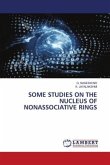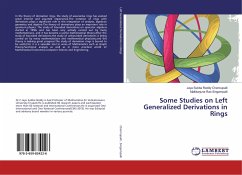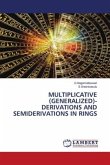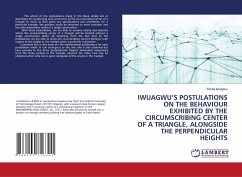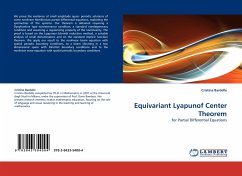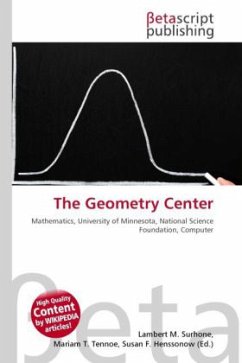The study of nonassociative rings has yielded many interesting results in algebra. The results on nonassociative rings in which one does assume commutators in the nucleus have been scattered throughout the literature. Many sufficient conditions are well known under which a given nonassociative ring becomes associative.Throughout this work a ring R is a synonym for a nonassociative ring, that is one in which the associative law of multiplication is not necessarily true and which does not have a unit element.In this work we present some properties of nonassociative rings, namely weakly standard rings, assosymmetric rings, accessible rings and antiflexible rings in which commutators are in the nucleus .We prove the associativity of the above rings. Also, we study right alternative rings by assuming that commutators are in the left or right nucleus and prove the associativity and alternativity of right alternative rings.
Bitte wählen Sie Ihr Anliegen aus.
Rechnungen
Retourenschein anfordern
Bestellstatus
Storno


